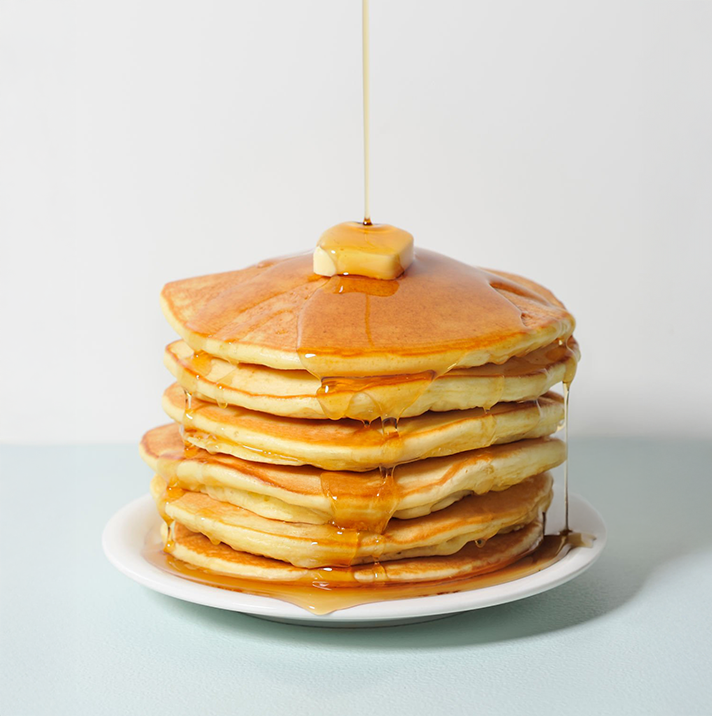This piece was originally posted on Bulldog Reporter.
Those elusive Millennials.
Companies from retail to financial services are enamored by this generation. What they read, what they buy, where they go, who they follow, what they want to experience and how they buy. Also known as Generation Y, they are roughly defined as those born in the early 80s to late 90s. The tribe of “Me Me Me” has captured everyone’s fantasy.
Millennials have overtaken Baby Boomers as America’s largest generation and the knowledge of how to talk to this group runs at a premium. As Millennials are growing up and growing their buying power, it’s crucial for brands to connect with them in a way that feeds their need for social connection and authenticity.
The benefit of communicating effectively with millennials, of natively adopting their tone of voice, is huge. It not only means the brand can capture more consumers today but that it can build demand and loyalty that will last into the future. After all, Millennials not only capture imaginations but also have growing disposable incomes.
So, what does it mean to “talk like a Millennial”? Where is the line between adopting relevant lingo and coming off as if you’re putting on airs? If you have to say you’re a cool mom, are you actually cool? And the million-dollar question: How do you achieve authenticity? Let’s consider the differing brand voice of two family dining restaurants, Denny’s and IHOP.
Denny’s, guys. Denny’s—the casual diner chain that’s over 60 years old—gets it. Don’t ask me where they found their community manager, but they found him (or her) and convinced them to run the Twitter account of a pancake restaurant known for its greasy food and greasier tables.
Whoever they are, they’re nailing it. They’re tweeting things like:
- Waffles in 2017 will now have stories
- Did your dad ever tell you to stop being so soft but you’re a pancake and you literally don’t know any other way to be?, and
- A picture of an egg 12 times in a row on February 6.
They’re using absurdity, slang and a self-referential tone that no one expected. It’s funny. It’s raw, real, and likely didn’t go through the boss’s approval.
Isn’t that how Millennials operate anyway? Doing what feels right, when it feels right, and enjoying making a splash in the face of traditionalists.
They’re using rising social technologies like polls to engage with their audience instead of just waiting for (or worse, asking for) replies. They’re writing in lower case because…well why not. They’re mocking internet lingo by creating their own. And they’re getting thousands of retweets and a following of nearly 400,000 on Twitter alone.
Now, let’s compare Denny’s with IHOP: the other purveyor of pancakes and Americana. Remember the cool mom who says she’s cool? Yeah, that’s IHOP. They create memes too, but in an obvious, strategic way. They use the lingo, but they use it as lingo, not as natural speech. They ask for retweets.
Perhaps most egregiously, their tweets are entirely product-focused. When a brand uses social media to only talk about what they sell and why it’s good, they’re not adding anything to the conversation, and they’re not exhibiting a personality. They’re just using a social media platform to mirror the transaction itself.
These contrasting approaches have paid off in audience engagement. While Denny’s and IHOP have somewhat similar follower counts—380K and 300K, respectively—Denny’s engagement is more than an order of magnitude higher. People are into it, and it shows.
Twitter today isn’t all corporate news, coopted hashtags, and press releases. It’s still a place for off-the-cuff sharing and once in a while, something genuinely funny.
At the end of the day, when you unplug and listen closely to the next ‘greatest generation,’ one truth is crystal clear—Millennials’ appetite for genuine connection is unwavering.
Millennials buy from people, not corporations. Here, we have a platform where corporations can act like people and a corporation that is actually letting its own people be themselves. Sounds like a recipe for success to this Millennial.
And for the question of authenticity? Well, you just have to own your history, your offering, and your identity. Grease and all.

